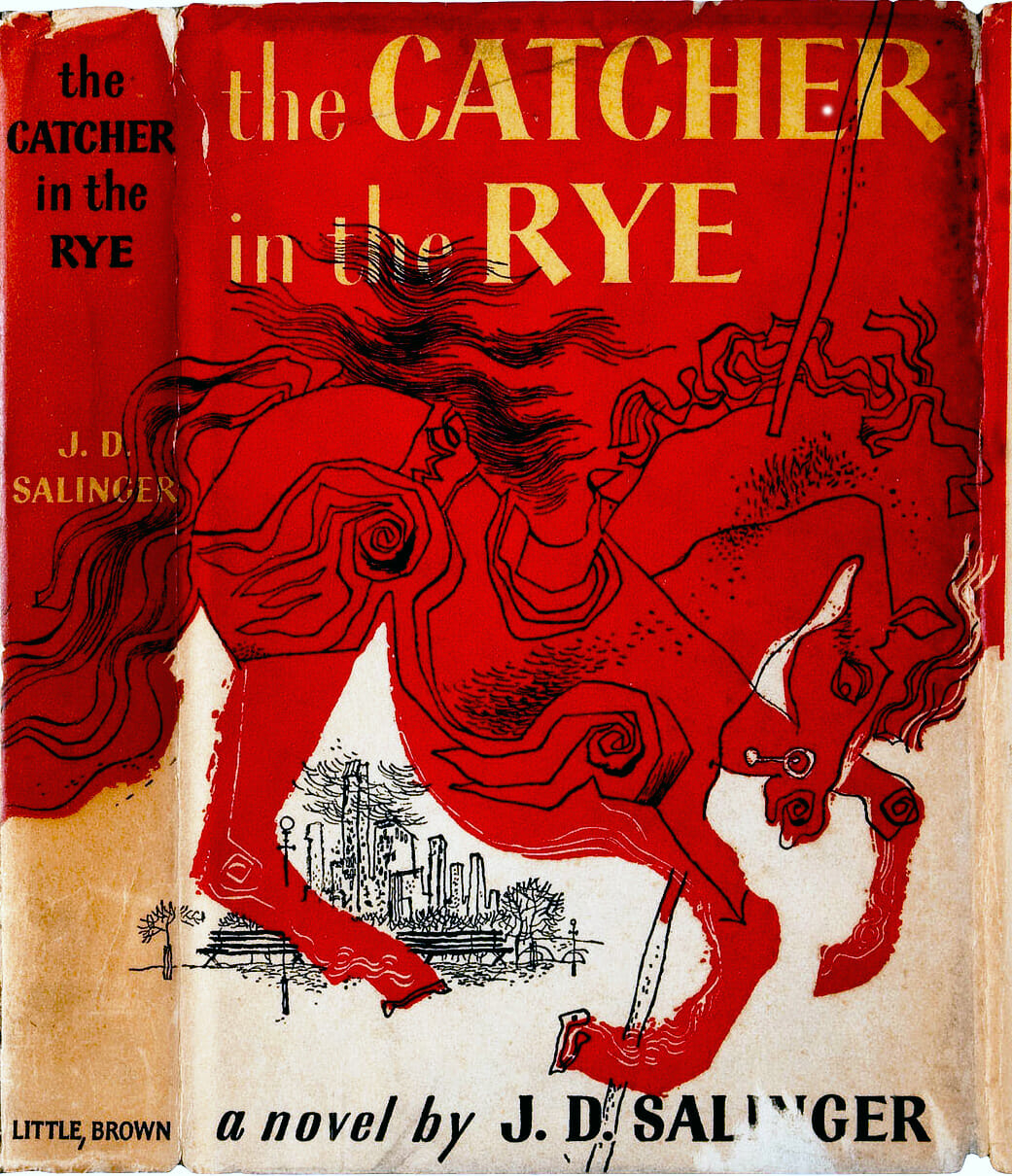
Exciting Times | A millennial novel about identity and idleness
Author
Year
Format
Take a new Irish writer of millennial fiction, already compared to Sally Rooney, the whirling chaos of expatriate life in Hong Kong, a love triangle involving the female protagonist and another man and woman, sharp, sassy dialogue, the angst and ennui of a new generation: Naoise Dolan‘s Exciting Times divides opinions. Some are queuing up to light the candles on its birthday cake, while for others, the jury is still out. But it’s made waves.
It was a Sunday Times bestseller in the U.K on publication, while newspapers from the New York Times to The Guardian loved it, questioned it, praised it, sniffed at it – but wow, they certainly all noticed it.
The Times called it “the book of the summer,” while veteran literary reviewer and wit Craig Brown said that the 2020 debut was redolent of Dorothy Parker, and was “comic writing at the highest level.” British historical novelist Hilary Mantel, who has won the acclaimed Booker Prize twice, said it was “droll, shrewd and unafraid, a winning debut.”
So what happens in this new example of literary confidence from a new Irish writer? What’s behind the hype and the headlines? Bold and confident characters, but with ambiguous identities; excited (as the title suggests) twenty-somethings, but easily tired; good looking, but still awkward; world citizens but outsiders; carried by emotions, while not seeming to get passionate about anything. Cue: angsty millennials at play.
Power dynamics and gender blindness
Just like the author herself, 22-year-old Ava moves to Hong Kong to escape the humdrum existence of Dublin and her sense of loneliness and unsuitability. The relationships she begins mark her year and a half aboard, dividing the book into three main chapters. First, she starts dating Julian, a twenty-eight-year-old, privileged semi-aristo British banker, who earns a six-figure salary and lives in a jammy flat. Dolan aims her arrows straight into the class divide, skewering the affectations and assumptions of British men like Julian.
While he is out of town, Ava hooks up with Edith, a sharp lawyer from a wealthy Hong Kong family, who grew up abroad. She brings Ava flowers, listens to her, takes her seriously. She seduces her. Meanwhile, teaching English to the children of wealthy families, and hanging out with Julian and Edith’s rich friends, Ava enters a different social class than hers. In both circumstances, the readers can experience her sense of inadequacy, as she tells the need to smooth what others call her cheesy Irish English accent and to change her tastes in clothes and furniture so as to fit in.
A triangle of disaffection
Ava soon moves to Julian’s place and lives by his money, waiting for him to come home from one work trip to another. He’s a practical person, who talks few and sharp, seemingly cold, not showing Ava too much his feelings.
During one of his long trips, she meets Edith, who is both all what Julian is and what Julian will never become: honest and curious, sweet and tender, affectionate and open.
While trying to get loved by Julian, Ava falls in love with Edith. While hesitating to get away from the odd relationship with Julian, and the comfort that comes with it, she loses Edith, who can’t stand her apathy.
Once again it is the protagonist’s ineptitude and indecision, in which an entire generation can see itself, that drives the plot.
An anti-narrative style is the hallmark of a generation
The plot, her characters, her clear and edgy writing, and her biography (a twenty-nine Irish who achieved great success since her debut) have earned Dolan “the new Sally Rooney” appellative, in addition to the adaptation in an Amazon Prime Video series.
And although Exciting Times can somehow recall Rooney’s Conversations with Friends, it has its own peculiarities, other than its ironic and sharp narrative style.
Apathy and cynicism fill the book’s pages, while Dolan scrutinizes like grammar analysis the relationships between the characters.
But it’s in the unspoken feelings that the main element in the book emerges: uncertainty. The uncertainty of a new faraway world, of a precarious job that lacks recognition and fulfillment, of unstable relationships, feelings, interests, and passions. And the uncertainty that comes from having to keep acting the part they have decided to play, even if it makes them opportunistic, insensitive and, in the end, alone.
Tag
Buy a ☕ for Hypercritic








